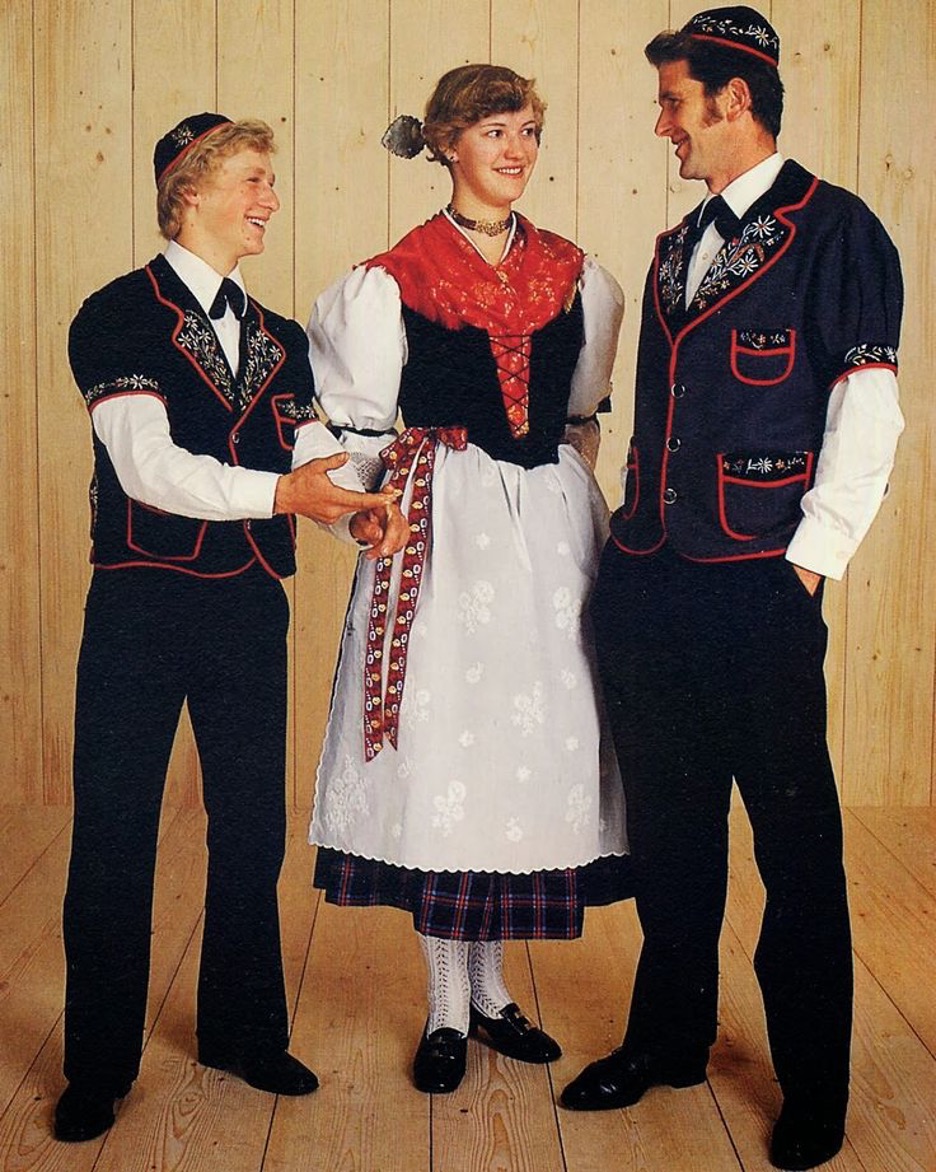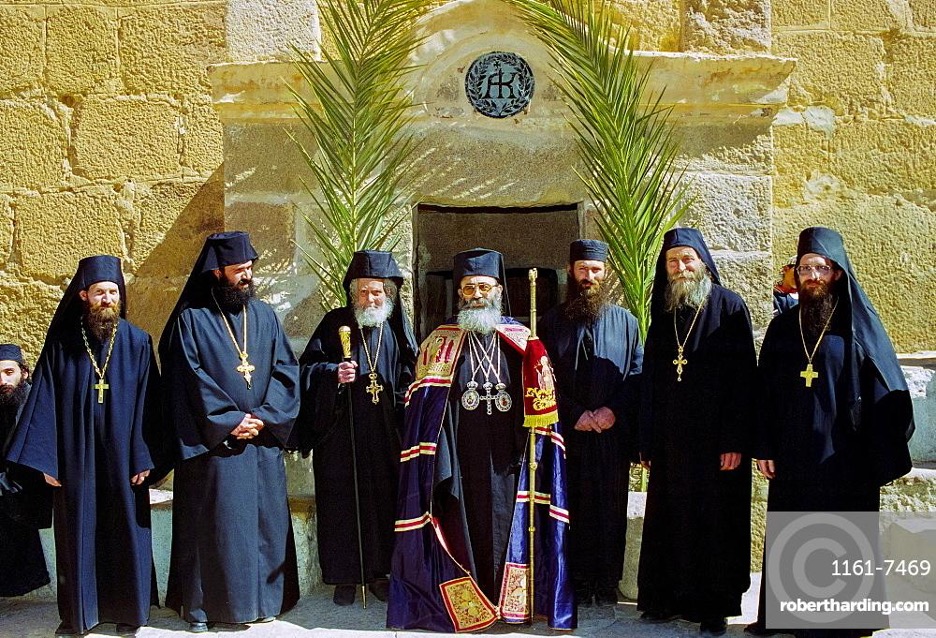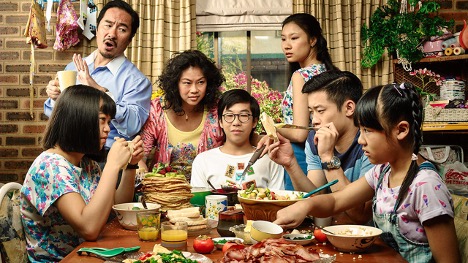10 Cultural Heritage Questions You Should Ask Your Relatives
One of the best ways to find out about your heritage is to simply ask your relatives. In this article, we'll give you 10 great questions you can ask to find out more about your cultural heritage and your family tree.
What most people think of as normal when it comes to their family life may be very culturally different to other people you may know. Expats who have settled in another country, historically and even today, could not help but notice that they were different in their ways than others.
Ancestry is Our Top Recommendation
If you love genealogy and family history research, then you must know Ancestry. They are the best way to discover the rich stories of your family!
With over 30 billion (seriously!) records in their database, you can research your family and discover amazing details you may never have known about your ancestors.
With a 14-day free trial, it's very easy to get started and discover your past!
Get Started →This is all down to our culture or more importantly the culture of our family likely dating back generations. What we take for granted as just who we are is actually culturally significant and could get lost over time. Even over a few generations, we might find that we do not follow the culture of our ancestors anymore.
It is therefore important in our search for who we are that we do not lose sight of what makes us culturally distinct. The best way to do this of course is to research our own culture and in order to achieve this asking questions of older family members is a great resource.
Who Should We Ask?
We may know that our family came over to the United States three or four generations ago from somewhere specific. Over time the family culture may have assimilated into American life so the very youngest generation would be the one furthest detached from those origins.
Therefore the best people to talk to in order to try and understand and preserve your family's culture are the older generations. These could include:
- Great grandparents
- Grandparents
- Parents
- Uncles or Aunts
- Older Siblings
- Older Cousins
The older the relative is the more likely it is that they will have an understanding of the family's ethnic origins and culture. What then should we be asking of our family and why?
1. What Family Traditions Do You Remember?
This is a great starter question because traditions were often very important to our ancestors and may have been associated with positive family interactions. If you can engage your grandparents or parents on this topic you may hear interesting family stories related to such events.
Traditions give a deep insight into the religious, historical and societal beliefs of an ethnic group. You can learn a great deal about your culture through this question.
2. Did our Culture have Traditional Dress for Various Occasions?
We may look at old family photographs and see some interesting clothing but we often miss the fact that this would sometimes be cultural. This is why asking about traditional dress within our culture can be very telling.

Asking about certain things in old pictures may bring about an explanation of the item of clothing and why it is significant to your culture. Some older relatives may still even possess traditional clothes from when they were younger.
Attire can be very significant to your culture even in everyday wear. It might be an indication of the climate your ancestors lived in or the religious celebrations that were common.
3. How Would You Describe Your Culture and Identity?
This is a very broad question and it may produce some very different answers from the various members of your family. Some may be very proud of the family's culture and still hold fast to its tenets. Others may feel it was outdated and feel more comfortable adapting to their now local practices.
The answers are likely to be very telling and will give you personal viewpoints on what they believe it means to be part of their culture. Their take on the family's culture will be very different from yours because they are closer to having lived all the aspects of that identity.
4. Did We Have a Distinct Language?
We may know that our family came from a specific country and we might assume that our ancestors spoke the known language of that country. Did you know that there are over 300 languages and dialects in China with around 270 of those being indigenous?
This is why a question about language could be important because sometimes the language spoken by our ancestors may not have been as simple as we think. They could have had a unique version of the main language or be from an ethnic group with different origins and a wholly different language altogether.
5. Was Our Group Different from Other Groups in Our Home Country?
Different languages often go along with different cultures and if your family was part of a smaller subgroup of your home country's society they may have been different in their traditions. They may have practiced a slightly different version of the local religions or had different rites of passage into adulthood.
All over the world different ethnic groups have shared geographical countries often harmoniously but also sometimes with conflict. This conflict can sometimes be the reason that your family moved away from their home country in the first place.
6. Where Did Our People Travel To?
The concept of vacations is a relatively new one so this question doesn’t really pertain to travel for leisure. This is more about finding out the path your ancestors took to get to the United States.
Sometimes a family may go directly from their home country to America. In other cases, they may move to a country that is geographically closer to the United States and stay there for a short while to prepare for their final leg.
Older family members may be able to add to the story of how and why your family made its way to America. There may even be some cultural practices that the family picked up on their travels that became part of who they were.
7. What Is or Was the Family's Belief System?
You may already know what your family's religious beliefs are and perhaps you even live in a community where they can practice with other families who hold the same beliefs. It is possible though that the religious aspects of family life have been forgotten or lapsed.

Asking older family members what religion the family followed before moving and how they practiced can tell you a great deal about your culture.
8. What Are the Traditional Foods of Our Culture?
Every culture has its own unique foods which can tell you a lot about the lifestyle your ancestors lived. As an example, a heavy seafood diet would indicate that they lived close to the coastlines and perhaps were involved in fishing.
There are certain dishes that may be associated with religious practices as well. In general, food is a big component of ethnic identity and the culture of one's family.

9. What Are Our Traditional Musical Instruments and Songs?
Music is so very important to many cultures around the world. Some of the earliest songs were based on culture and used as a way to pass on knowledge. Some cultures play unique musical instruments and have their own musical styles.
10. What Are the Most Important Aspects of Our Culture?
Finally, this is a question to help sum up what it means to be part of your ethnic culture. Each family member you ask may have a different take but the key is to find out what parts of your shared culture are considered the most important.
Conclusion
We may have lost touch with our family's culture through the generations but this does not mean we can not try and reconnect with it. It is part of who we are and who we came from so trying to learn about it is a way to honor our ancestors.
Talking to the older family members to try and find out some of this information is both educational and a chance to gain a closer connection to our roots and immediate family.
Link To or Reference This Page
We spent a lot of time downloading, cleaning, merging, and formatting the data that is shown on the site.
If you found the data or information on this page useful in your research, please use the tool below to properly cite or reference Name Census as the source. We appreciate your support!
-
<a href="https://namecensus.com/blog/cultural-heritage-questions-to-ask-relatives/">10 Cultural Heritage Questions You Should Ask Your Relatives</a>
-
"10 Cultural Heritage Questions You Should Ask Your Relatives". NameCensus.com. Accessed on May 7, 2024. https://namecensus.com/blog/cultural-heritage-questions-to-ask-relatives/.
-
"10 Cultural Heritage Questions You Should Ask Your Relatives". NameCensus.com, https://namecensus.com/blog/cultural-heritage-questions-to-ask-relatives/. Accessed 7 May, 2024
-
10 Cultural Heritage Questions You Should Ask Your Relatives. NameCensus.com. Retrieved from https://namecensus.com/blog/cultural-heritage-questions-to-ask-relatives/.
